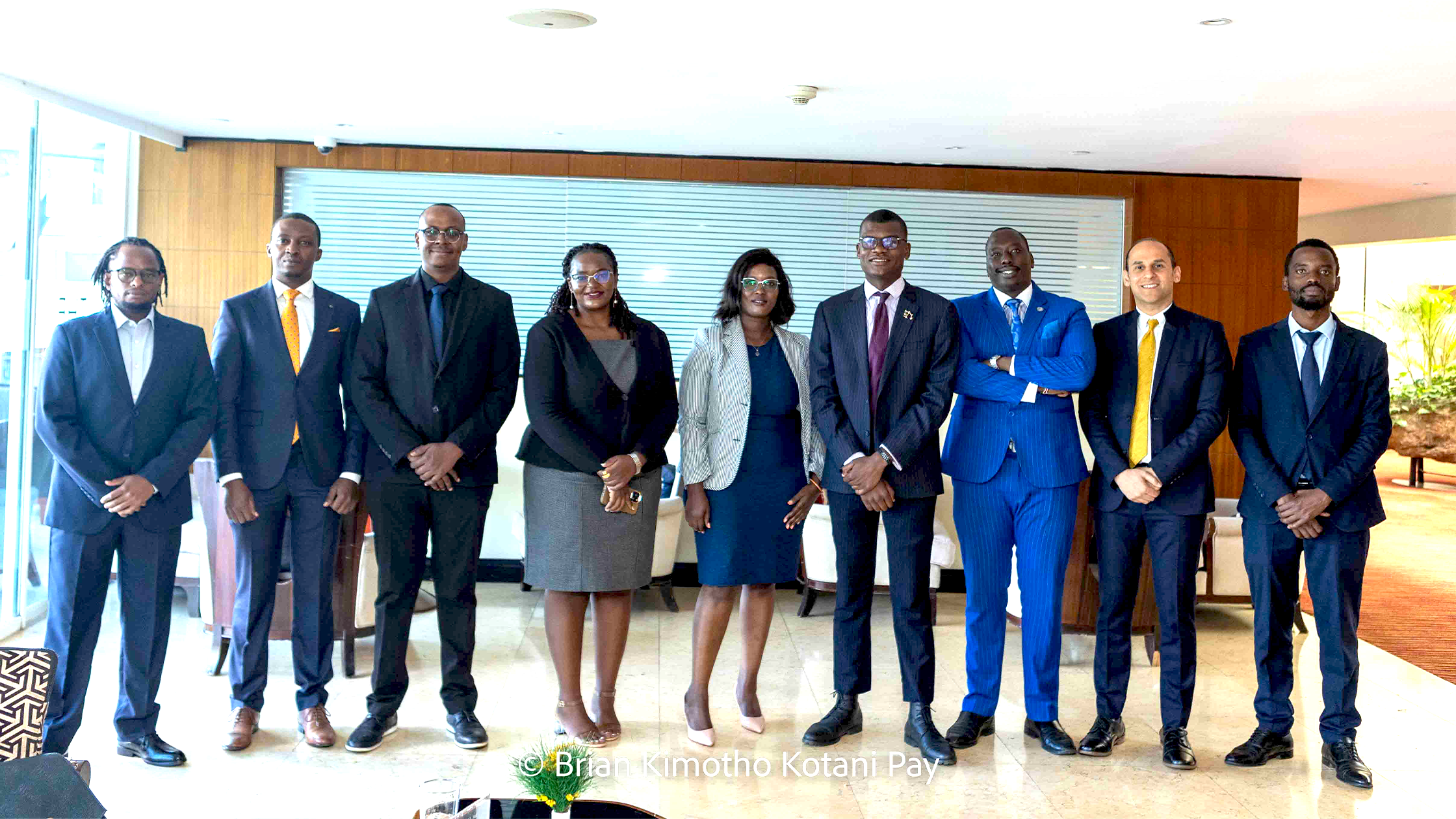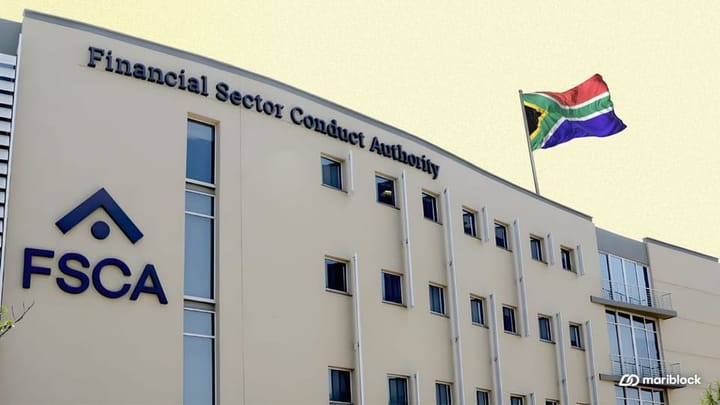Exclusive: Kenyan lawmakers task lobby group to draft crypto bill

The Blockchain Association of Kenya (BAK), an industry lobby group, made history in September when it took the country’s government to court, challenging the legality of the digital asset tax. Two months later, it’s yet another landmark moment for the group. The National Assembly’s Departmental Committee on Finance and National Planning has asked BAK to develop a draft bill to regulate crypto assets.
On Oct. 31, BAK appeared before the National Assembly Committee on Finance and National Planning for the second time in 2023 to discuss digital asset regulation in the East African country. The group first appeared before the Committee in May to argue, albeit unsuccessfully, against the digital asset tax (DAT) provision in Kenya’s Finance Act, 2023.
However, three significant events between May and October have made the need for crypto regulations more urgent, Mariblock learned. Kenyan parliament is now enlisting BAK’s help to understand digital assets and how to regulate the space.
First was the public launch of the decentralized identity (DID) project Worldcoin in several countries, including Kenya and Uganda. Public backlash over privacy concerns led to a parliamentary inquisition, resulting in the suspension of the project’s activities in Kenya. As part of the inquisition, legislators instituted an ad-hoc committee to look into Worldcoin. The first recommendation in the committee’s final report was for the country to develop a digital asset regulatory framework within six months of the report’s admission into the National Assembly.
Second, Kenya’s Financial Act 2023 became effective on Sept. 1, along with the unpopular digital asset tax, which requires cryptocurrency exchanges to withhold 3% “of the transfer or exchange value of the digital asset.” BAK has since petitioned the High Court of Kenya to challenge the digital asset tax.
There was also the recent G20 summit in Morocco, where the bloc adopted a synthesis paper from the Financial Stability Board (FSB) and the International Monetary Fund (IMF) relating to digital assets. The paper discourages regulators from placing “blanket bans” on crypto assets. It instead advises developing comprehensive policies for this emerging asset class.
We got a call from parliament, [saying] yes, we’re interested in learning and exploring what digital asset space has to offer.

“Based on those three backgrounds, the Committee had grounds to summon us again,” BAK’s legal and policy director, Allan Kakai, told Mariblock. “We got a call from parliament, [saying] yes, we’re interested in learning and exploring what digital asset space has to offer; what are the policy challenges you are facing, and how can we work together to regulate this space?”
Representatives from BAK, Binance, Yellow Card, Kotani Pay, and the Law Society of Kenya attended the workshop.
“The agenda of the discussion was to develop a collaborative approach on how Blockchain Association of Kenya can work with the national government in developing favorable policies around digital assets,” said Kakai.
The BAK team made a presentation to the Committee, covering areas it believes are crucial to developing a favorable and robust regulatory framework.
- Licensing framework
- Tax framework
- Consumer protection framework
- Anti-Money Laundering & Counter-Terrorism Financing (AMl/CTF)
- Regulatory Sandbox
On licensing, BAK pointed to Kenya’s global adoption index (provided by research firm Chainalysis) rank of 19 and its $19 billion crypto volume between July 2021 and June 2022 to make the case regarding why the country needs a clear regulatory framework.
The group also told the Committee that a framework could help the country bring in investment capital, citing the European Union (EU), Singapore, South Africa and the United Arab Emirates.
Earlier this year, the EU passed the Markets in Crypto Assets (MiCA) legislation, one of the most robust regulatory frameworks for digital assets. The regulation has reportedly helped EU countries attract significantly more venture capital investments in 2023.
The MiCA effect 🇪🇺🚀
— Patrick Hansen (@paddi_hansen) May 9, 2023
The share of VC investment into European crypto projects is up almost 10x in one year - from a share of 5.9% in Q1 2022 to 47.6% in Q2 2023.
Regulatory clarity attracts capital & entrepreneurs from around the world. Great development for crypto in Europe! pic.twitter.com/kUVp3rwlg3
In addition, the clear regulations in Dubai and South Africa have made both countries attractive to crypto companies.
“Basically, we are telling [the] parliament: ‘Look, Kenya has always branded itself as the Silicon Savannah; we are top three for digital assets [volume in Africa], and if we do not develop a clear licensing and regulatory framework, Nigeria, South Africa, Botswana, Namibia, Mauritius would take the lead, and the capital flow that would have come to Kenya would have flocked elsewhere,” Kakai added.
In response, the parliamentary committee asked BAK to draft and submit a bill to regulate digital assets within two months. Kakai explains that a vast knowledge gap has long made it difficult for legislators and regulators to deal with this new asset class. Legislators now recognize that the industry might be best placed to develop the bill.
“For the first time, a parliamentary committee has directed an association or a stakeholder group to draft a parliamentary bill and bring it to parliament for adoption,” said Kakai. “This is very interesting because this has never happened with the Bank Association, this has never happened with the Fintech Association, this has never happened with the Digital Lenders Association, this has never happened with any association at all.”
Potential bottlenecks exist on the horizon, though. A robust crypto regulation has to consider the interests of regulators, including the Central Bank of Kenya, the Capital Market Authority, the tax authority, and, potentially, other financial regulators. It’s unclear if BAK has the resources to engage these regulatory stakeholders and develop a draft bill within two months.
However, the BAK team believes it is up to the task.
“A lot of research has been done throughout the year. So for us, it’s not an event that will take place in the next two months,” said Paul Gachora, a BAK director. “It’s more of a summarization of all the work that has gone into the last nine months of the year. A lot of body of work has been put together in terms of a review of the different frameworks because part of our presentation today was to show them what has happened in the different countries that have already established a regulatory framework. ”



